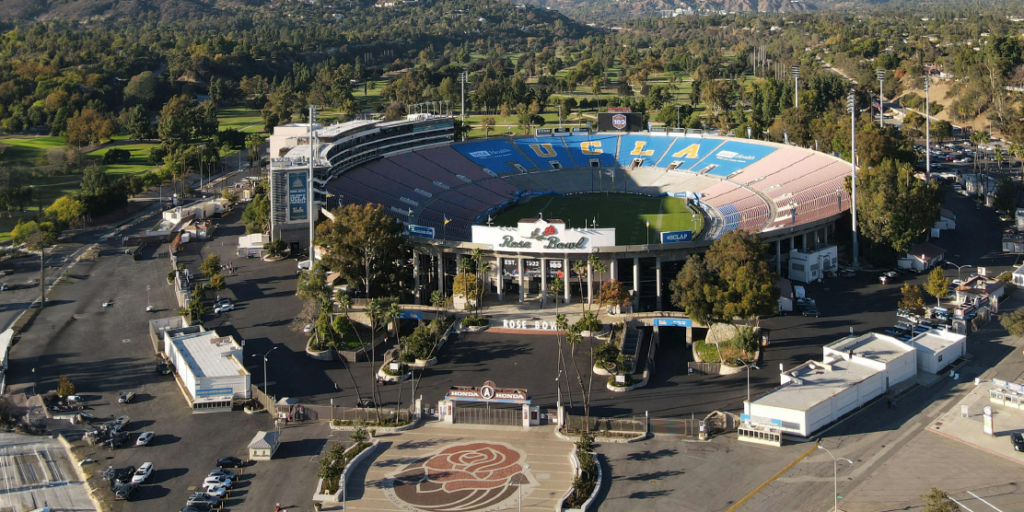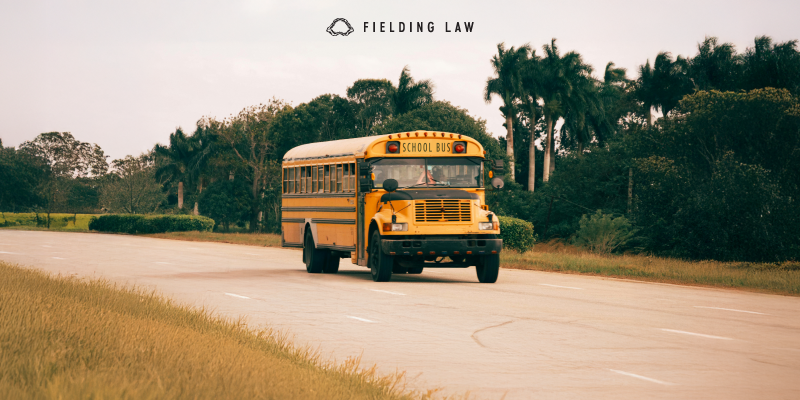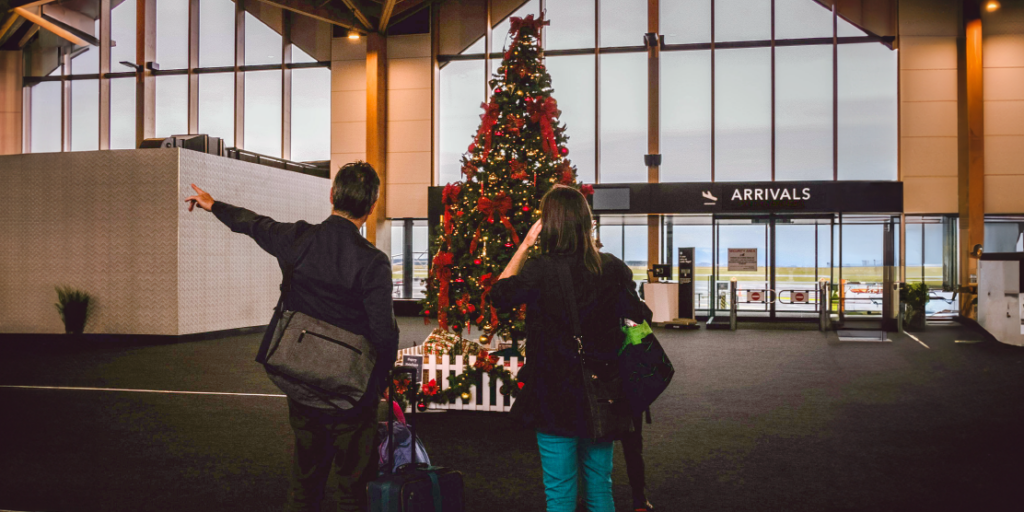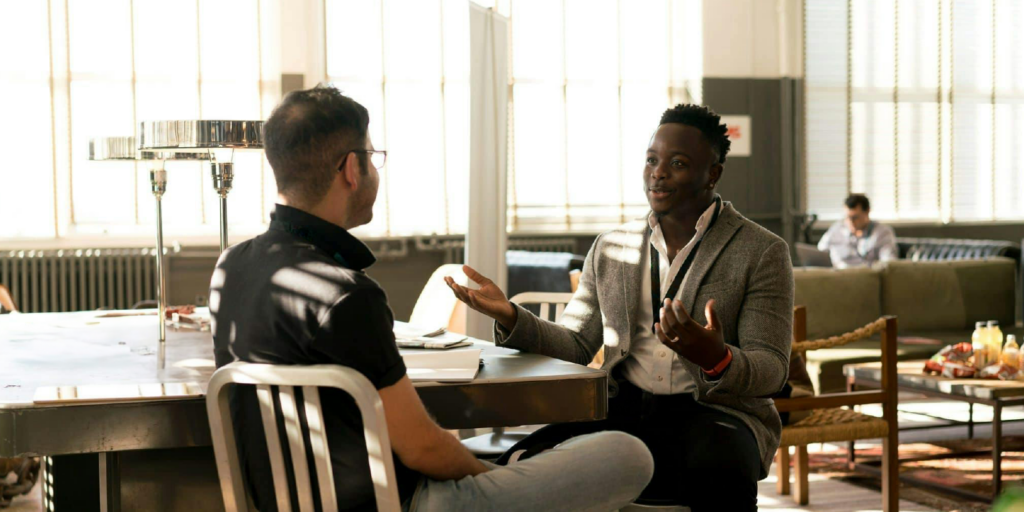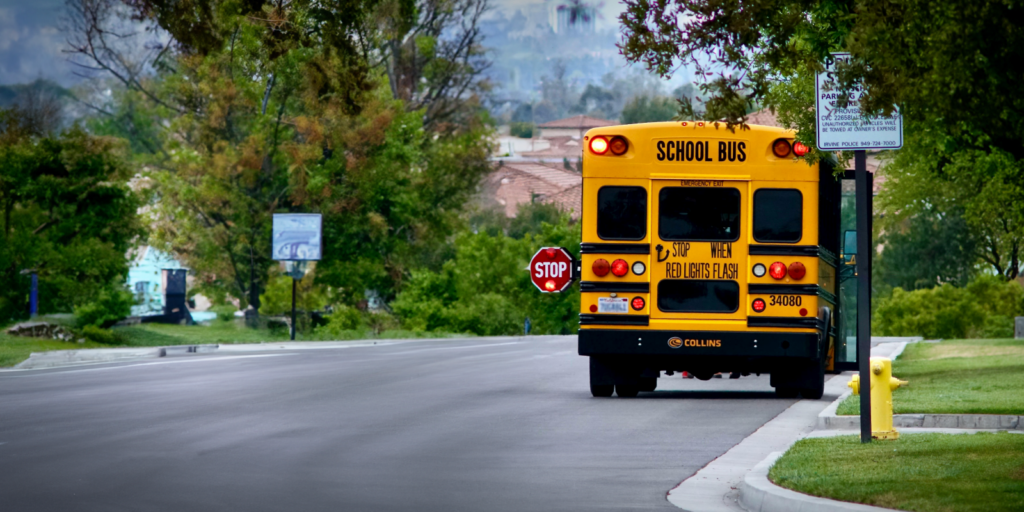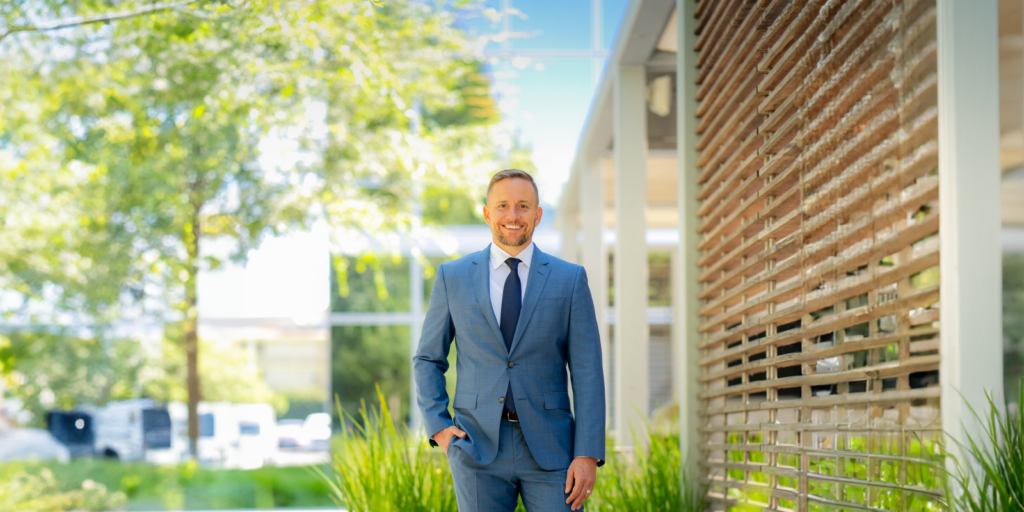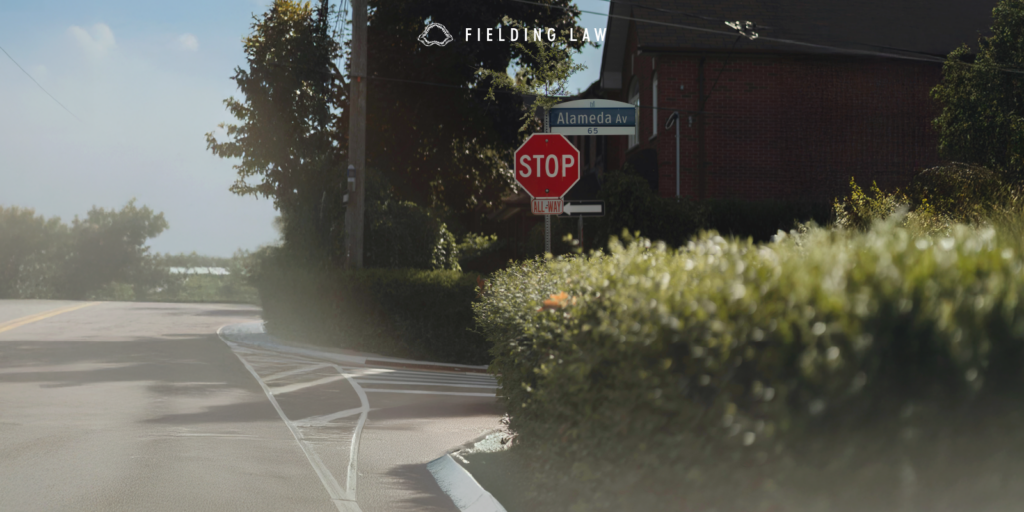
Effective January 1, 2025, California’s new daylighting law brings important changes to the way properties near intersections and driveways are designed. If you have been injured in an accident due to poor visibility at an intersection or driveway, this new law could have a significant impact on your case. Here is what you need to know about the law and how it may affect your safety and legal rights.
What Is Daylighting?
Daylighting is the practice of maintaining clear sightlines at intersections, driveways, and other public road areas to improve visibility. The goal is to reduce the risk of accidents caused by obstructions like tall fences, hedges, or walls that block drivers’ and pedestrians’ views. The new law requires property owners to keep these areas clear of any visual barriers, ensuring safer roads for everyone.
For someone who has been injured in an accident caused by limited visibility, this law could be crucial in determining liability. Poorly designed properties that block sightlines may have contributed to your accident.
How Does This Law Impact Your Safety?
The daylighting law is designed to reduce accidents by improving visibility at key spots like intersections and driveways. For individuals who have been injured due to poor visibility, this law could provide a legal avenue to pursue compensation. If the property owner failed to maintain clear sightlines and an accident occurred as a result, you may have grounds to file a personal injury claim.
Key aspects of the new law include:
- Clear Zones: Areas around intersections and driveways must remain clear of obstructions that block the view of approaching drivers or pedestrians.
- Obstruction Limitations: Property owners are prohibited from placing objects taller than 2.5 to 3 feet in certain areas near intersections or driveways.
- Enforcement: Local authorities will be responsible for ensuring compliance, and violations could lead to fines or required changes to properties.
Could This Law Help Your Personal Injury Claim?
If you have been injured in a car accident, pedestrian accident, or another incident where poor visibility played a role, the new daylighting law could be a key factor in your personal injury case. Here is how:
- Obstructions That Contribute to Accidents: If a property owner failed to maintain clear sightlines as required by the new law, they may be considered negligent. This could strengthen your claim that the property owner’s lack of care directly contributed to your injury.
- Building Your Case: The daylighting law can serve as evidence of what is considered proper visibility in public spaces. If the property was not in compliance, it could help establish the responsibility of the property owner.
- Increased Focus on Safety: The law highlights the importance of safety in public spaces. If your injury occurred in an area where sightlines were obstructed, this can show that the property owner did not meet the standard of care expected in California.
Real-Life Scenarios: How the Law Might Apply
Imagine you are walking across the street at an intersection, and a car makes a turn without seeing you due to overgrown bushes blocking the view. You are hit, and now you are left dealing with serious injuries. If the bushes were located within the required clear zone and the property owner did not take steps to remove them, this could be considered negligence. The daylighting law would be a critical piece of evidence in showing that the property owner’s failure to comply with the law led to your accident.
How Can You Protect Yourself?
If you have been injured due to poor visibility, it is important to understand your rights and how the new daylighting law could affect your case. Here are a few steps to take:
- Document the Scene: If you are involved in an accident, take photos of the area, especially if there are any obstructions that may have contributed to the accident. This could include fences, large shrubs, or walls that block the view.
- Report the Issue: If you notice that visibility is impaired at a particular intersection or driveway, consider reporting it to local authorities. Property owners may not be aware of the risks their property poses to others.
- Seek Legal Assistance: If you have been injured and believe that poor visibility contributed to the accident, it is crucial to speak with a personal injury attorney who understands California’s laws. They can help you gather evidence, assess the situation, and determine if the property owner’s failure to comply with the daylighting law played a role in your injury.
Why Hire Fielding Law?
At Fielding Law, we are committed to helping victims of accidents receive the compensation they deserve. If you have been injured due to poor visibility caused by a property owner’s failure to comply with California’s daylighting law, our team is here to assist you. We will thoroughly investigate your case, gather the necessary evidence, and fight to hold the responsible parties accountable for their negligence.
If you or a loved one has been injured in an accident related to poor visibility, contact Fielding Law today at 833.88.SHARK for a consultation. We are here to support you every step of the way.
Note: Information provided is for educational purposes and does not constitute legal advice. Always consult with a qualified attorney for legal concerns.
